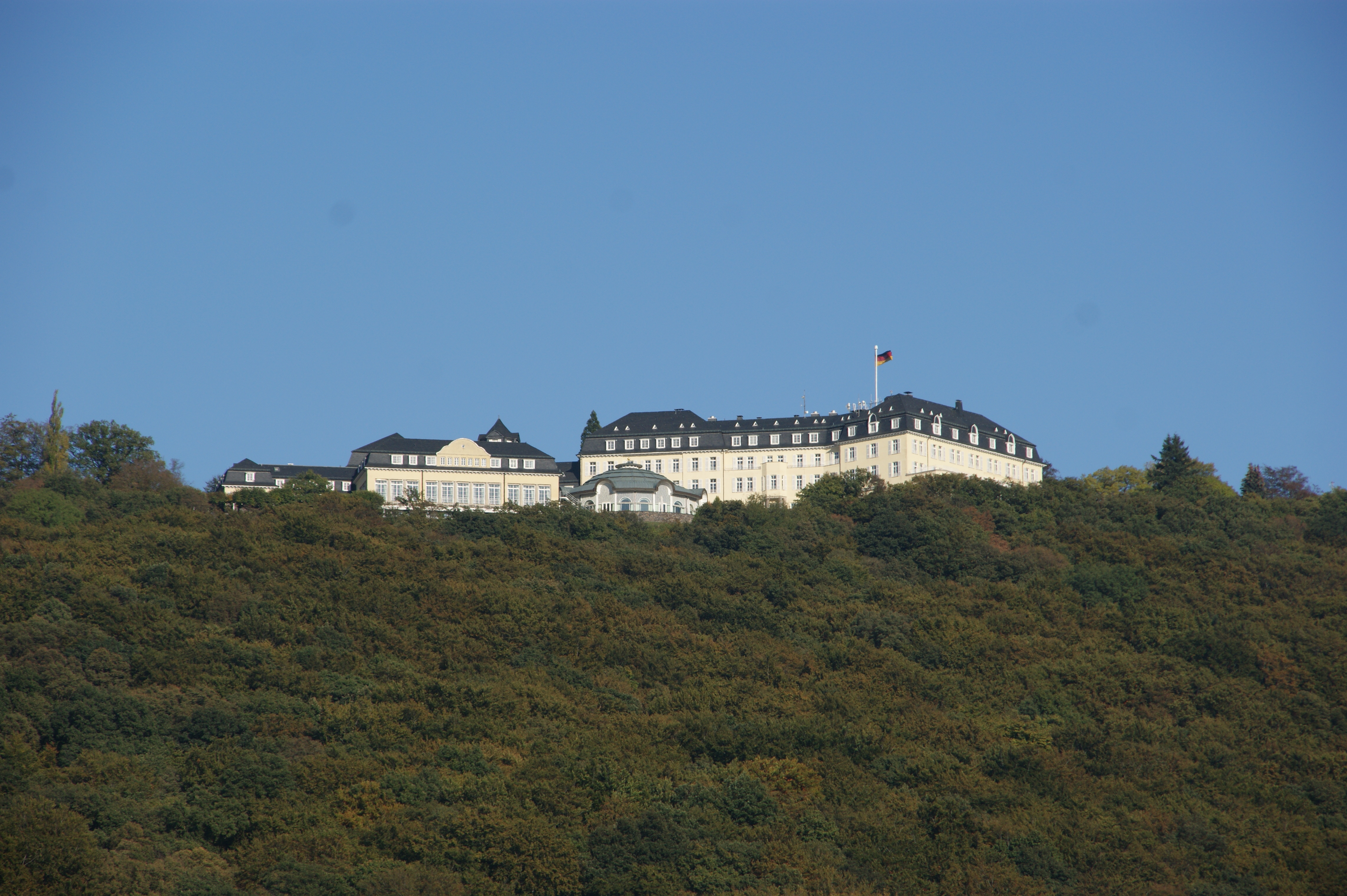International Conference On Afghanistan, Bonn (2001) on:
[Wikipedia]
[Google]
[Amazon]
 In December 2001, after Operation Enduring Freedom had toppled the Taliban government of
In December 2001, after Operation Enduring Freedom had toppled the Taliban government of
 In December 2001, after Operation Enduring Freedom had toppled the Taliban government of
In December 2001, after Operation Enduring Freedom had toppled the Taliban government of Afghanistan
Afghanistan, officially the Islamic Emirate of Afghanistan, is a landlocked country located at the crossroads of Central Asia and South Asia. It is bordered by Pakistan to the Durand Line, east and south, Iran to the Afghanistan–Iran borde ...
, the German city of Bonn
Bonn () is a federal city in the German state of North Rhine-Westphalia, located on the banks of the Rhine. With a population exceeding 300,000, it lies about south-southeast of Cologne, in the southernmost part of the Rhine-Ruhr region. This ...
hosted a conference—widely known as the Bonn Conference—of Afghan leaders at Hotel Petersberg, to choose the leader of an Afghan Interim Authority and establish an initial political agreement for reorganising the governmental institutions of Afghanistan.
The conference chose Hamid Karzai, who was subsequently elected president in 2004. Karzai subsequently appointed many anti-Taliban allies and regional leaders to senior posts within the interim government and to senior posts in the Provincial governments. The conference set up the Bonn Agreement for institutional reorganisation.
Substance
The conference opened on November 27, 2001 brought together many adversaries with a common enemy: the Taliban. The US, Russia, and Iran, fervent enemies, all sat down together and cooperated against the Taliban. So too did rivals India and Pakistan. Also included were representatives of the Northern Alliance (the main Taliban adversary within Afghanistan), and various Afghan ethnic and interest groups. Not included were the Taliban themselves, which seemed like an obvious choice at the time since they appeared defeated, but in hindsight their absence may have greatly prolonged the Afghan conflict. The conference was organized by US Secretary of StateColin Powell
Colin Luther Powell ( ; – ) was an Americans, American diplomat, and army officer who was the 65th United States secretary of state from 2001 to 2005. He was the first African-American to hold the office. He was the 15th National Security ...
at the behest of President George W. Bush
George Walker Bush (born July 6, 1946) is an American politician and businessman who was the 43rd president of the United States from 2001 to 2009. A member of the Bush family and the Republican Party (United States), Republican Party, he i ...
.
The conference was borne out of necessity: with the Taliban toppled, there was no obvious government in Afghanistan. The country risked sliding back into the anarchical warlord period of the Afghan Civil War (1992–1996), which had seen widespread atrocities and given rise to the Taliban. The conference determined that an interim government would rule for 6 months, followed by a '' loya jirga'' (grand assembly) which would create an 18 month transitional government. The transitional government's job would be to create a constitution and organize elections for a permanent government. Who would lead the interim government was the thorniest question. King Mohammed Zahir Shah, in exile in Italy since 1973, had good support but he lacked practical experience in fighting mujahedeen style and was now an elderly 87. Burhanuddin Rabbani
Burhānuddīn Rabbānī (; 20 September 1940 – 20 September 2011) was an Afghanistan, Afghan politician and teacher who served as the sixth president of Afghanistan from 1992 to 1996, and again from November to December 2001 (in exile from 199 ...
, leader of the Jamiat-e Islami, was nominally the current president but needed the backing of the conference if he was to stay in power any longer. Into the fray came Hamid Karzai.
Karzai was a charismatic Pashtun who had gained notice after staging a revolution against the Taliban in the south. He was well liked by the US CIA, who had already had their eyes on him as a potential leader. Pakistan preferred Karzai over the old King, who would have been more anti-Pakistan. A deal was proposed that the King would have a ceremonial role but Karzai would take the lead. Eventually the King himself turned down the idea that he should have a hand in a government, suggesting that Karzai was like a son to him and should lead. This did not sit well with the supporters of Rabbani, but skillful diplomatic maneuvering by Russia, Iran, and the US negotiator James Dobbins gave Karzai the role over Rabbani. In exchange, ethnic Tajiks
Tajiks (; ; also spelled ''Tadzhiks'' or ''Tadjiks'') is the name of various Persian-speaking Eastern Iranian groups of people native to Central Asia, living primarily in Afghanistan, Tajikistan and Uzbekistan. Even though the term ''Tajik'' ...
from the Northern Alliance won half of the cabinet seats. Karzai was informed of his elevation to the presidency on December 5, 2001, only minutes after a US air strike mistakenly targeted him; he had escaped with minor injuries, but 13 others including top advisors were killed. Karzai now had the difficult task of unifying the country after 23 years of constant wara war that was still not over.
Signatories to the Bonn Conference
See also
* Bonn Agreement (Afghanistan) * List of international conferences on Afghanistan *Politics of Afghanistan
Afghanistan is a theocracy, theocratic emirate with a Totalitarianism, totalitarian regime ruled by the Taliban, a political and miliant Islamism, Islamist movement adhere the Deobandi jihadism, Deobandi jihadist ideology with Pashtunwali influen ...
* International Conference on Afghanistan, Bonn (2011)
External linksThe Guardian: The new Afghan administration
References